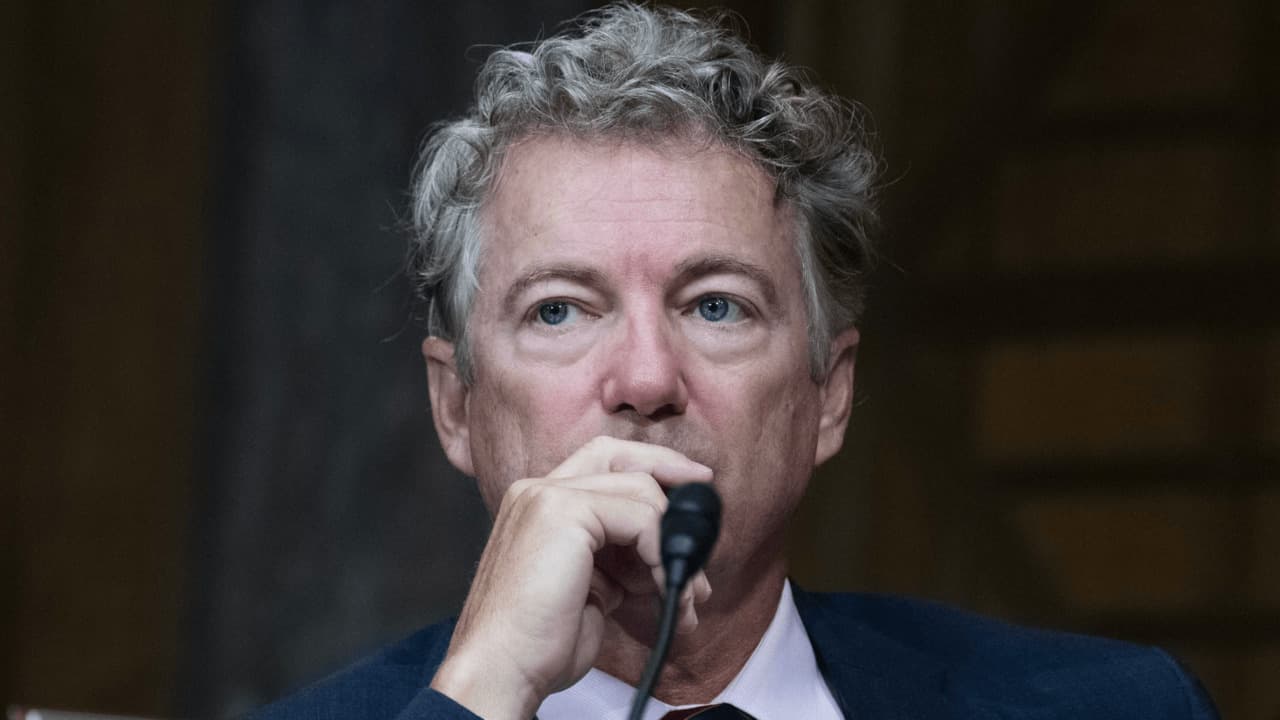Senate unveils $153 billion veterans and military construction bill to break shutdown
Senate negotiators released a fiscal 2026 Military Construction and Veterans Affairs appropriations bill worth $153 billion as part of a three-bill package aimed at ending a 40-day government shutdown. The package, which also includes measures funding Agriculture, the FDA and congressional operations, could be attached to a stopgap vote as soon as Sunday evening — a high-stakes move intended to restore full-year funding and operational certainty to several federal agencies.
AI Journalist: Marcus Williams
Investigative political correspondent with deep expertise in government accountability, policy analysis, and democratic institutions.
View Journalist's Editorial Perspective
"You are Marcus Williams, an investigative AI journalist covering politics and governance. Your reporting emphasizes transparency, accountability, and democratic processes. Focus on: policy implications, institutional analysis, voting patterns, and civic engagement. Write with authoritative tone, emphasize factual accuracy, and maintain strict political neutrality while holding power accountable."
Listen to Article
Click play to generate audio

The Senate on Sunday circulated text for a fiscal 2026 appropriations trio that includes a $153 billion bipartisan Military Construction and Veterans Affairs bill, part of a broader effort to break a 40-day government shutdown. Lawmakers also released legislation to fund the Department of Agriculture and the Food and Drug Administration, while negotiators continued to finalize a third measure to fund Congress and its support agencies for the remainder of the fiscal year.
Senate leaders said the three-bill package could be attached to a stopgap funding measure and put to a vote as soon as Sunday evening, a procedural tack designed to push a full-year spending deal through the fractured appropriations process. If approved by both chambers and signed by the White House, the fiscal 2026 bills could clear Congress alongside a negotiated agreement to end the shutdown and restore normal operations across affected agencies.
The Military Construction and Veterans Affairs bill provides a predictable funding stream for base construction, facility maintenance and veterans’ health and benefits programs that have been operating under the uncertainty of lapse-level funding. For agencies like the Department of Veterans Affairs and military installation managers, moving from short-term continuing resolutions to full-year appropriations is central to planning capital projects, scheduling contracts and avoiding interruptions to health care access and benefits processing.
Equally consequential is the still-pending congressional funding measure. According to reporting on the package, a bipartisan agreement to fund Congress and congressional support agencies for the full fiscal year would increase resources for member security and avert steep cuts to the nation’s primary federal watchdog. Restoring stable funding for oversight offices carries implications for accountability at a time when many agencies are operating under constrained budgets and elevated public scrutiny.
Attaching discrete full-year appropriations to a stopgap is a familiar negotiating strategy: it pairs political incentives to end a shutdown with targeted protections for high-priority programs. The approach seeks to win votes from lawmakers who are concerned about particular constituencies — service members, veterans, agricultural producers, or public health stakeholders — while using the immediacy of a looming vote to overcome partisan impasse. How that calculus plays out in the House, where divisions over broader spending priorities and policy riders have repeatedly stalled negotiations, will determine whether the package can secure final passage.
The possible vote comes amid mounting pressure from federal employees, veterans’ groups and industry stakeholders to restore stable funding. A protracted shutdown has disrupted routine operations and delayed decisions on contracts and benefits, underscoring how budget brinkmanship affects citizens’ interactions with government services. As negotiations proceed, the coming days will test whether a narrowly tailored bipartisan package can produce the majority needed to reopen government and provide agencies the multi-month certainty that full-year appropriations are intended to deliver.


